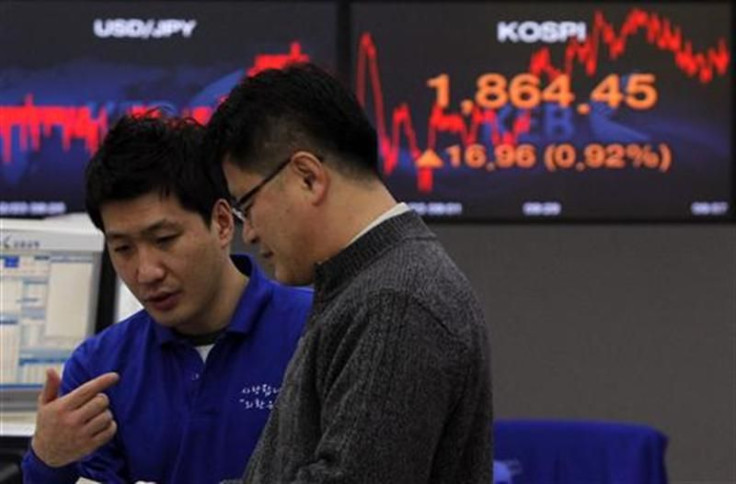South Korea's Industrial Output Declines 3.1% On Falling Exports

South Korea's industrial output declined 3.1 percent in March from the previous month with exports decreasing and domestic demand continuing to be weak.
According to the report by Statistics Korea, the country's overall output in manufacturing, mining and services fell 1.4 percent in March compared to those in February. The country's service sector output in March fell 1.0 percent from the previous month.
The industrial output report comes after the central bank lowered earlier this month the country's growth forecast for 2012 to 3.5 percent due to a global economic slowdown. In its revised 2012 economic outlook, the Bank of Korea said that it was lowering the 3.7 percent growth projection made in December.
According to the central bank, downward revisions of global economies and rising oil prices are overshadowing any sign of improvements in exports. The exports to Europe are expected to be seriously affected with the debt crisis continuing to loom over the eurozone. Exports to European countries fell 20.5 percent year-on-year in March.
The implementation of several free trade deals, most recently with the U.S., will provide some support for exports.
Earlier in April, the Asian Development Bank said in a report that South Korea's economic growth was expected to slow down as its exports were going to be hurt by decreasing global demands.
In addition to the economic slowdown, rising inflation has been a key concern for the general public for some time. Much of the increase in food prices relates to higher global commodity prices. South Korea has also been hit by bad weather and several outbreaks of foot-and-mouth disease in recent years. Foot-and-mouth disease is a highly communicable disease that affects cloven-hooved animals such as cattle, swine, sheep and goats, according to the U.S. Department of Agriculture. Although no human health risks are associated with the disease, it does affect South Korea's ability to export meat.
Earlier this month, South Korea's central bank said it was keeping the key interest rate unchanged at 3.25 percent, subsequent to the inflationary pressures witnessed by the country.
© Copyright IBTimes 2025. All rights reserved.





















